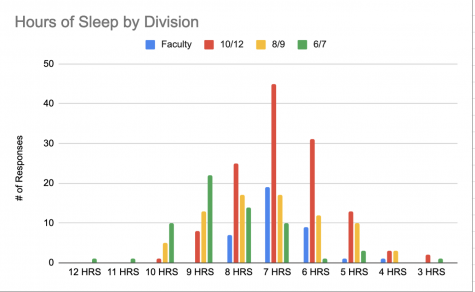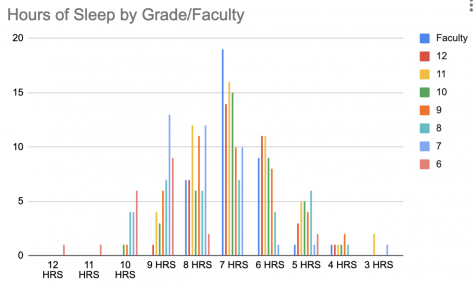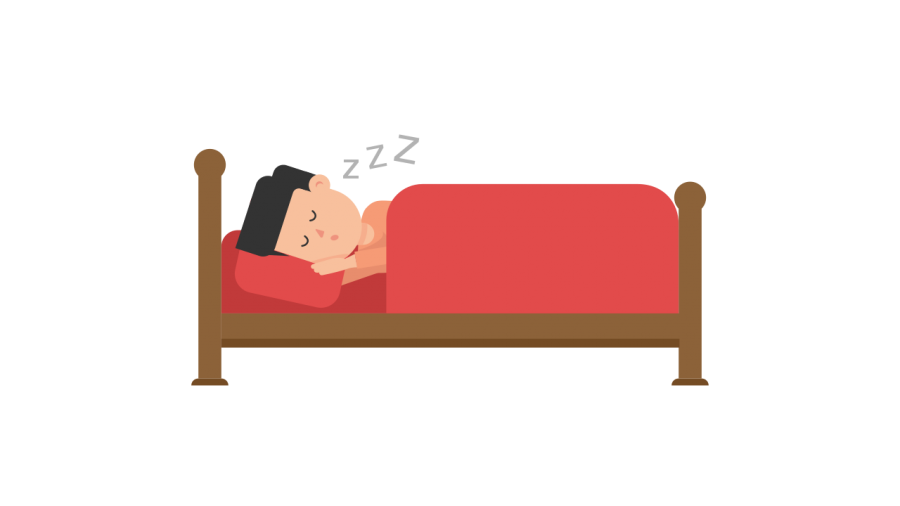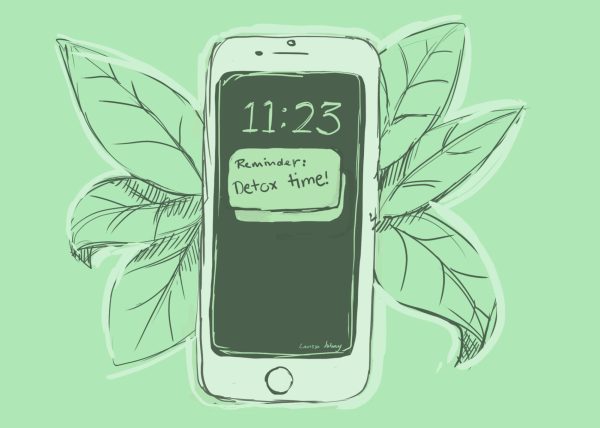Are you getting enough sleep?
Sleep is crucial for everyone because it gives the body a break from physical and mental activity and a chance to restock its energy. However, sufficient sleep is something that many people do not get, and sleep deprivation, especially when occurring consistently, can be very harmful to your health.
Consistent sleep deprivation is harmful to both one’s physical and mental health. The physical aspect is likely fairly obvious; when you don’t get enough sleep you tend to feel the effects the next day, which can include body fatigue, memory impairment, and difficulty concentrating. This is because when you sleep, your brain and body are working to re-energize cells, supporting memory, learning, and physical function. Consistent lack of sleep also contributes to mental health issues and can increase anxiety, depression, and suicidal thoughts.
This idea of the importance of sleep for function is particularly relevant for teenagers. It is especially crucial for teens from the ages of 13 to 18 to get enough sleep as the body develops both physically and mentally. However, it is arguably most difficult for teenagers, being in high school, to get enough sleep. Factors like academic work, extracurricular activities, and sports eat up a lot of time. Another factor that contributes to the difficulty of getting enough sleep is something called the sleep phase delay. This delay shifts the natural circadian rhythm of teens to a later time, making it harder for them to go to sleep before 11 pm. All of these factors seem to be working against teenagers, making it incredibly difficult to get a sufficient amount of sleep at a point in life when it is essential to.

In an Advocate poll, out of 310 students and faculty members, less than 2% get less than three hours of sleep a night, 17% get three to five hours a night, about 49% get six to seven hours, and about 32% get eight or more hours a night, on average. The fact that only32% of the people who took this survey are getting eight or more hours of sleep a night might sound concerning, and it is. While different sources may give slightly different recommendations, it is widely recommended by many medical sources that everyone get at least eight to nine hours of sleep a night. This means that on average, more than half the people who took this survey do not get a sufficient amount of sleep.

Getting enough sleep is important to be healthy mentally and physically and to be able to function as well as possible. One of the best things that you can do for your health, especially being a high school student, is to sleep at least eight hours a night.







